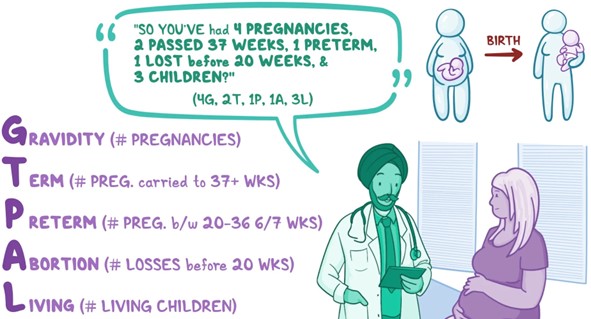While caring for a client one day following a thyroidectomy, the practical nurse (PN) notes that the client's voice is hoarse. What action should the PN take?
Notify the unit charge nurse of the finding.
Administer humidified oxygen per nasal cannula.
Obtain a cup of ice chips for the client.
Ensure that the drainage device is compressed.
The Correct Answer is A
Hoarseness or voice changes after thyroidectomy can be indicative of injury or irritation to the recurrent laryngeal nerve, which is responsible for controlling the vocal cords. This is a potential complication of the surgery and should be reported to the charge nurse or healthcare provider for further evaluation and management.

B. Administer humidified oxygen per nasal cannula: This option is not appropriate for addressing hoarseness in a client following a thyroidectomy. Hoarseness after a thyroidectomy is typically related to vocal cord injury or irritation, and providing humidified oxygen would not directly address this issue. It is important to notify the charge nurse or healthcare provider for further evaluation and management.
C. Obtain a cup of ice chips for the client: Providing ice chips is not the appropriate action for hoarseness following a thyroidectomy. Ice chips are typically used to provide hydration and comfort to clients, but they do not directly address the underlying cause of hoarseness, which in this case may be vocal cord injury or irritation. It is important to notify the charge nurse or healthcare provider for appropriate evaluation and management.
D. Ensure that the drainage device is compressed: While ensuring proper compression of a drainage device is important for preventing complications such as bleeding or infection, it is not directly related to the client's hoarseness. Hoarseness after a thyroidectomy is more likely related to vocal cord injury or irritation, and notifying the charge nurse or healthcare provider is necessary for further assessment and management.
Nursing Test Bank
Naxlex Comprehensive Predictor Exams
Related Questions
Correct Answer is ["A","B","C","F","G"]
Explanation
Based on the given information, the statements that indicate the client's confusion is resolving are:
- Asks how long he has been in the hospital: This shows cognitive awareness and the ability to ask relevant and coherent questions.
- States he is hungry: This indicates a return to normal appetite and the ability to recognize and express basic needs.
- Recognizes his daughter: This demonstrates the ability to recognize and identify a familiar individual, suggesting an improved level of cognitive functioning.
- Oriented to time, place, and self: Being aware of the current time, location, and personal identity reflects an improved level of orientation and mental clarity.
-
The statement "Drinking broth" does reflect the client's willingness and ability to consume food.
The following statements suggest ongoing confusion or potential issues:
- Clawing at the air: This behavior may indicate restlessness, agitation, or disorientation.
- Keeps trying to get out of bed to find the swimming pool: This behavior may indicate confusion or an altered perception of reality.
The statement "Oxygen saturation on 0.5L of 100%" provides information about the client's oxygen saturation level but does not specifically address the resolution of confusion.
Correct Answer is A
Explanation
TPAL stands for Term, Premature, Abortion, and Living children, and it is used to document a client's obstetrical history.
In this case, the client has had a total of 5 pregnancies:
- Two pregnancies resulted in full-term (term) births, so the Term value is 2.
- Three pregnancies resulted in miscarriages during the first trimester (abortion), so the Abortion value is 3.
- The client has two living children, so the Living value is 2.
- There is no mention of any premature births, so the Premature value is 0.
Therefore, the appropriate documentation for this client's TPAL is Term 2, Premature 0, Abortion 3, and Living 2.

Whether you are a student looking to ace your exams or a practicing nurse seeking to enhance your expertise , our nursing education contents will empower you with the confidence and competence to make a difference in the lives of patients and become a respected leader in the healthcare field.
Visit Naxlex, invest in your future and unlock endless possibilities with our unparalleled nursing education contents today
Report Wrong Answer on the Current Question
Do you disagree with the answer? If yes, what is your expected answer? Explain.
Kindly be descriptive with the issue you are facing.
